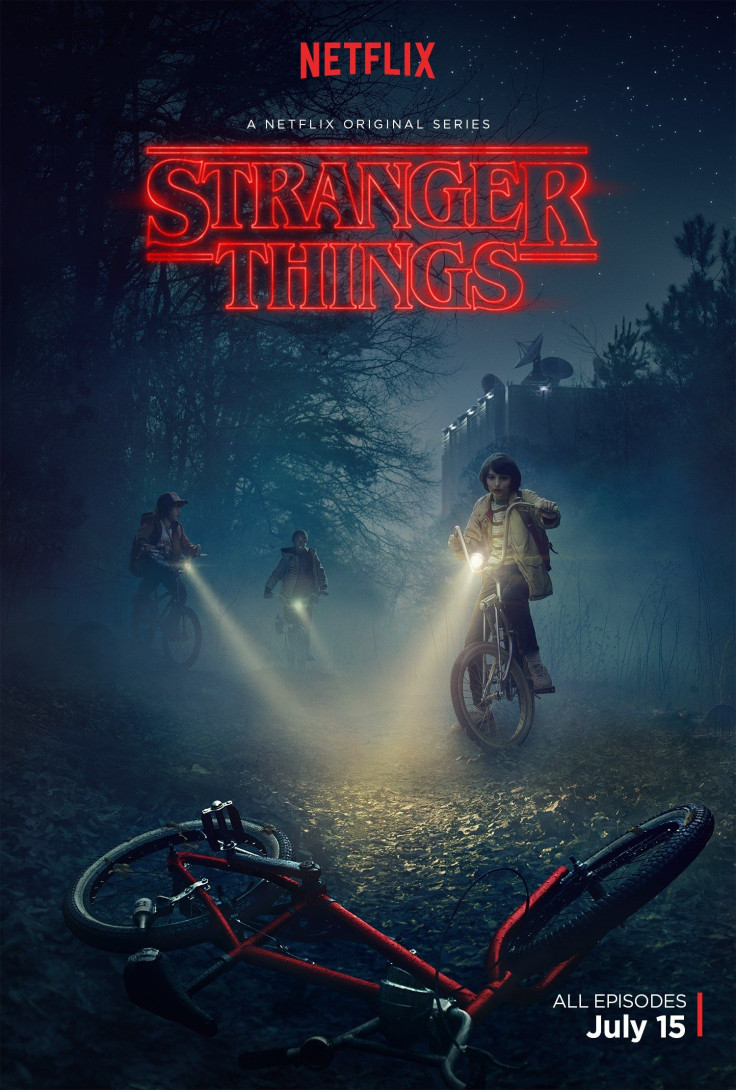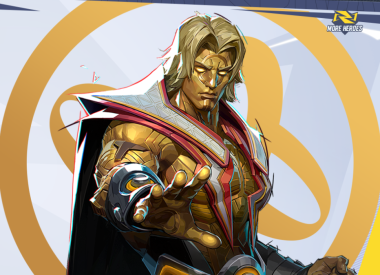Shawn Levy, Stranger Things producer and director, spoke on Southern California Public Radio about the upcoming Season 2 of Stranger Things and how expectations have radically expanded after it became clear the first season was a huge hit.
Collider wrote down his words and put them on the internet. This is what he said:
“Yes, the pressure is on. It would be so blatantly disingenuous of me to say differently. It’s scary to have people love something this much. It becomes impossible to banish all thoughts of not wanting to disappoint. This has been the challenge of it: on the one hand as we’ve see in the movie world, to do a follow-up that feels like the same thing is disappointing to an audience; to abandon things or change things, that disappoints the audience.”
In addition to the tricky balance Stranger Things Season 2 will have to walk — offering audiences new adventures without losing sight of what we loved about Stranger Things Season 1 — Levy acknowledges another, more tangible difficulty: the kids are growing up. “We had dinner with the kids,” Levy said, “We could see it right in front of us. They are not the same. They are still, thank god, charming and authentic, but it is a different form of those things.”
The solution? Stranger Things Season 2 will be set a year later (taking inspiration from the movies of 1984, like Gremlins and Indiana Jones and the Temple of Doom). “I think we’re going to stay honest with these kids by growing with them,” Levy said.
While Levy outlined several ways Stranger Things Season 2 could fail horribly, it’s not stopping him and the Duffer Brothers (who created the show) from expanding the mythology surrounding the Hawkins Laboratory and pursuing more ambitious plotlines. They have previously compared the difference between Season 1 and Season 2 as the difference between Alien and Aliens , taking inspiration from James Cameron’s capacity for expanding the scope of established franchises without losing the heart.
“A lot of Season 2 is next level, some crazy stuff,” Levy said, “but we must service these characters who are now beloved, who are known to the audience.”


















